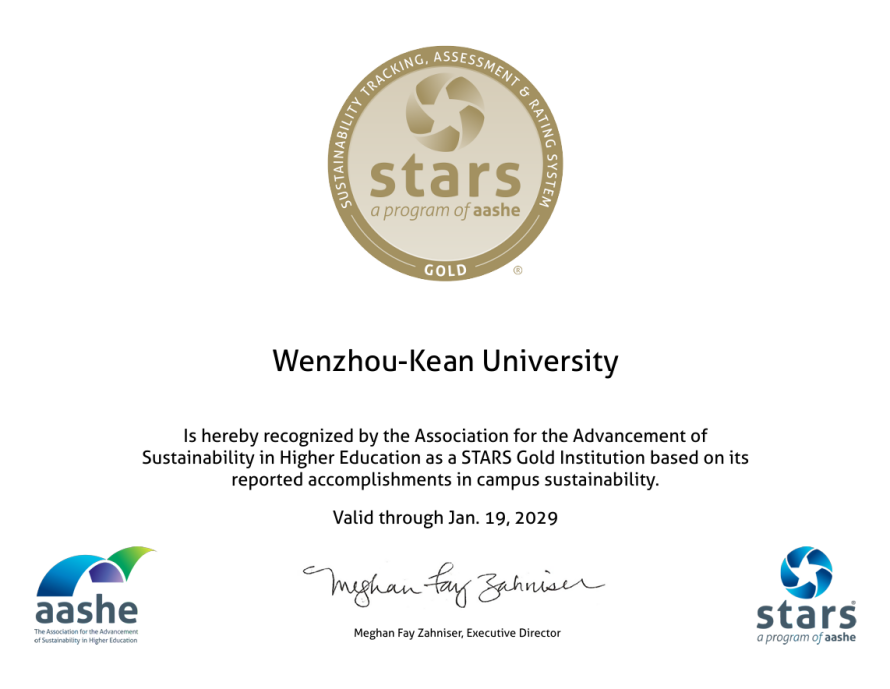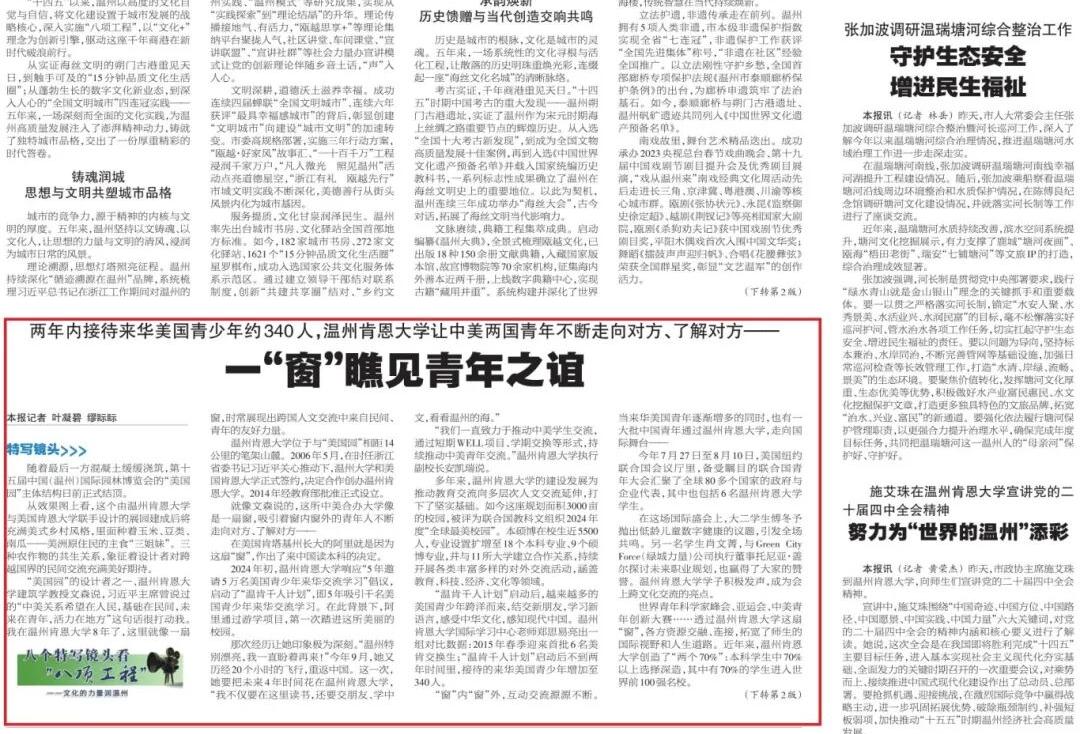
Ryan Hornbeck
-
Position:Associate professor of anthropology
-
College:College of Liberal Arts
-
Office:GEH B319
-
您的邮箱:
Educational Background
PhD in Anthropology, University of Oxford
MSc in Anthropology, University of Oxford
BA in Anthropology, Washington University in St. Louis
Biography
Ryan G. Hornbeck is an Associate Professor of Anthropology with a longstanding interest in the power of games and religion to create alternative spaces for social interaction and personal transformation. He comes to Wenzhou-Kean from Xiamen University, where he taught anthropology for six years.
Research interests
I am a cultural anthropologist, currently publishing in four separate (but related) areas of research: the anthropology of online games, cognitive science of religion, and new frontiers in interdisciplinary methods; and the anthropology of technological innovation.
First, I have a longstanding interest in the anthropological study of online games and their relationship to society and culture (Hornbeck 2013, 2016, 2017). Much of my work in this vein examines young Chinese adults who engage in online games for personal growth and social transformation. I have collected data from thousands of players in the Chinese version of the massively multiplayer online game World of Warcraft who claim that gameplay in this exceptionally violent space promotes social cooperation and moral betterment, often leading to a sense of spiritual fulfillment.
Two central themes have emerged from this work. The first is that players’ approach to gameplay is both conditioned by and meaningful within the broader contexts of their everyday lives as students in a state-run education system, as inheritors of complex social issues connected to China’s “One Child Policy,” and as developmental figures in China’s rapidly changing cultural landscape. In short, many players deem “real life” to be hypercompetitive, lonely, and morally confusing, whereas WoW offers opportunities for cooperation, communal warmth, and decisive moral action. Second, my experimental studies find that the WoW gameworld is rich in affordances for moral cognition in the domains of caring, fairness, and loyalty. The same game mechanics that enable players to harm other players create opportunities to help those who have been harmed. A vulnerable player can be dispatched or restored to health, depending on a player’s inclinations. Together, these findings challenge the prevailing view that violent online games necessarily engender antisocial behaviors and emphasize the role that player agency and culturally situated preferences play in the formation of healthy gameplay habits.
Second, I have spent much of my career to date using cognitive anthropological theories and methods to examine religious expression here in mainland China. My articles on Chinese reasoning about religious concepts have appeared in the International Journal of the Psychology of Religion, Ethos, the European Journal for the Philosophy of Religion, and the Journal of Cognition and Culture, among other journals. In collaboration with colleagues at CAS-Psychology (Beijing), I have also produced an edited volume examining Chinese religious traditions through the lens of the “naturalness theory of religious cognition”—which posits that certain naturally developing features of human minds bias us toward cross-culturally recurrent forms of religious expression (Hornbeck, Barrett & Kang 2017). Most recently, I am participating in a UK-based project collecting data for a cross-cultural comparative project on atheism.
Third, I am increasingly interested in developing frameworks that support interdisciplinary research. For example, my 2021 piece in Method & Theory in the Study of Religion introduces what my coauthor and I term a “constitutive relevance of models” (CRoM) test—a method for transferring analytical tools between psychological and anthropological theories of ritual. We use the term “transferability” to refer to the potential for one theory’s problems, constructs, and/or data to guide the development of the other theory and vice versa, with consideration paid to each theory’s relative strengths and weaknesses. The CRoM test can be used to identify structural continuities between psychological and anthropological theoretical models addressing the same or overlapping phenomena. More specifically, this test allows one to determine the likelihood that a social activity, as modeled in an anthropological theory, would entail and require a mental operation modeled in an existing psychological theory. Establishing constitutive relevance, we argue, establishes reasonable grounds for a psychologist to draw on anthropological resources—including, for example, relevant experiences, contexts, and far-reaching causal assemblages reported in an ethnographic text—to develop and refine their own explanatory models.
Finally, I have recently become interested in finding new ways to incorporate anthropological knowledge and ethics into projects that imagine, design, and produce artificial intelligence technologies. This interest is born from two concerns. One is that current approaches to AI tend to define “intelligence” exclusively in line with Western Enlightenment values emphasizing willpower, autonomy, and rational logic (ignoring, for instance, mental powers connected to caring, empathy, and the maintenance of social relationships); the other is that anthropology curriculums tend to lack opportunities for students to engage with cutting-edge technologies, despite the latter’s power to transform societies and relevance to a wide range of desirable career paths. In a recent article (Hornbeck & Wang 2021), my coauthor and I present two frameworks that we believe can help with these endeavors.
Publications/scholarly and creative work
Hornbeck, R. G. (2024). “Facing the Consequences: The Case for Transformative Fieldwork in Undergraduate Curriculums. Teaching Anthropology.
Hornbeck, R. G. and S. Wang. (2021). “未来由我们设计”:数智时代下创造未来的人类学. (“The Future Is Ours to Design”: Notes on Anthropology as a Future-Making Discipline in an Era of Digital Intelligence) 《西北民族研究》. 文章编号:1001-5558 (2021) 04-0060-18.
Hornbeck, R. G., & Barrett, J. L. (2021). “The ‘Constitutive Relevance of Models’ (CRoM) Test: A Tool for Transferring Constructs and Virtues between Psychological and Anthropological Theories of Ritual.” Method & Theory in the Study of Religion, 34(4), 349-377.
Hornbeck, R. G. and J.L. Barrett. (2020). “Ritual Forms and Ritual Stuff: Implications of Lawson and McCauley’s Ritual Form Hypothesis for Material Culture. Ethos 48 (1): 129-146. SSCI.
Barrett, J. L. & Hornbeck, R. G. (2018). “Experimental Methods.” International Encyclopedia of Anthropology. Oxford, UK: Wiley.
Hornbeck, R. G., Barrett, J. L., & Kang, M. (Eds.). (2017). Religious Cognition in China. New York, NY: Springer.
Hornbeck, R. G. (2017). “Moral Cognition Empowers Spiritual Experience in Chinese World of Warcraft.” In R. G. Hornbeck, J. L. Barrett, & M. Kang (eds.), Religious Cognition in China. New York, NY: Springer International.
Barrett, J. L., Hornbeck, R. G., Bleeker, B. D., Barrett, S., & Hao, C. (2017). “Ritual Imbalance in Contemporary China: A Ritual Form Theory Analysis.” In R. G. Hornbeck, J. L. Barrett, & M. Kang (eds.), Religious Cognition in China. New York, NY: Springer International.
Hornbeck, R. G. (2016). “Explaining Time Spent in Multiplayer Online Games: Moral Cognition in Chinese World of Warcraft.” Games and Culture 11 (5): 463-488
Hornbeck, R. G. & J. L. Barrett. (2015). “Testing Ritual Form Hypothesis in a Chinese Cultural Context.” Journal of Cognition and Culture 15 (4): 530-541.
Hornbeck, R. G. & Sears, R. (2015). “Mysticism and Mind: Using Cognitive Science of Religion to Explore the Origins of Mystical Experience.” European Journal for Philosophy of Religion 7 (2): 59-80.
Hornbeck, R. G. & Sears, R. (2015). [Russian] “Mysticism and Mind: Using Cognitive Science of Religion to Explore the Origins of Mystical Experience.” (trans. By T.V. Malevich). Philosophy of Religion. An Almanac. 2015.
Hornbeck, R. G. & Barrett, J. L. (2013). “Refining and Testing ‘Counterintuitiveness’ in Virtual Reality: Cross-Cultural Evidence for Recall of Counterintuitive Representations.” International Journal for the Psychology of Religion 23 (1): 15-28.
Courses
ANTH-1800 Introduction to Cultural Anthropology
GS-2100 Anthropology of Religion
GS-2100 Anthropological Advantages in Business, Healthcare, and Education
GS-2100 Games and Culture
College Programs
- Communication B.A. (Public Relations)
- Psychology B.A.
- English B.A. – English in Global Settings Option




